Sustainable Innovation: PLA Fiber and Rayon from Bamboo for Skin-Friendly, Antibacterial Textiles
As the demand for sustainable, functional materials continues to rise, PLA fiber and rayon from bamboo have become prominent in the development of next-generation bio-based fabrics. This article highlights how combining these two eco-friendly fibers creates products that offer superior comfort, breathability, and antibacterial performance—especially for hygiene and daily-use textiles.
Understanding the Fibers: PLA Fiber & Rayon from Bamboo
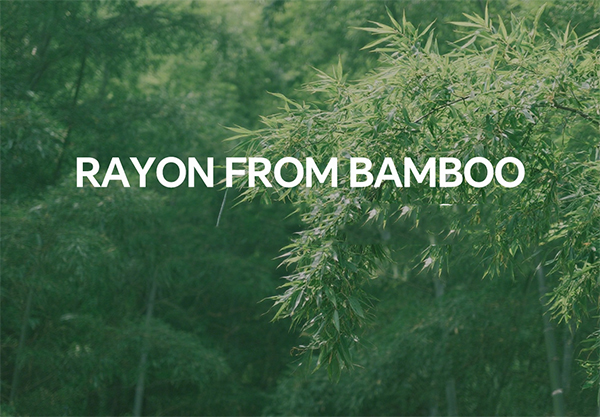
Rayon from bamboo is a regenerated cellulose fiber made by processing bamboo through the viscose method. Known for its breathability, moisture-wicking ability, and natural antibacterial characteristics—thanks to the bioactive compound “bamboo kun”—this fiber is not only renewable but also skin-friendly and UV resistant.
PLA fiber (polylactic acid fiber), derived from renewable plant-based materials such as corn starch or sugarcane, is a synthetic bio-fiber. It offers excellent skin compatibility due to its near-neutral pH, and features such as antibacterial activity, breathability, UV resistance, and anti-mite function—all while being biodegradable and eco-conscious.
At eSUNFiber, ongoing development efforts have focused on combining PLA fiber with various natural or regenerated fibers, including cotton, wool, and rayon from bamboo, resulting in multifunctional textiles that meet modern needs.
Key Benefits of Blending PLA Fiber with Rayon from Bamboo
1. Enhanced Antibacterial Protection
PLA fiber is inherently biocompatible and gentle on the skin, offering natural resistance to bacterial growth and odor without irritation. Rayon from bamboo, with its naturally occurring “bamboo kun,” adds additional antibacterial, anti-mite, and deodorizing benefits.
Together, this blend enhances long-term antimicrobial performance, providing a safe, clean experience for sensitive applications.
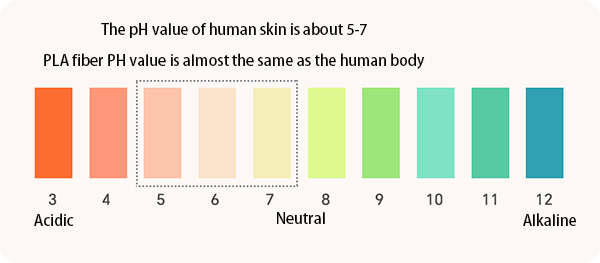
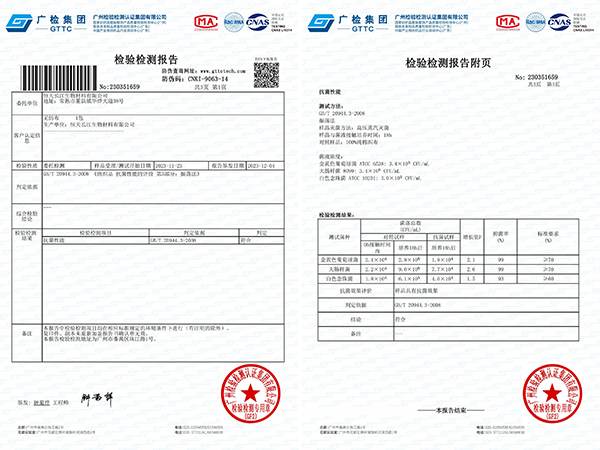
eSUNFiber has conducted antibacterial testing on spunlace nonwoven fabrics (40% PLA fiber + 60% rayon from bamboo), confirming consistent antibacterial efficacy.
2. Superior Moisture Management and Breathability
PLA fiber is lightweight and excels in sweat-wicking and moisture dispersion, while rayon from bamboo quickly absorbs and evaporates water. The combination results in improved humidity regulation, keeping the fabric dry and breathable.
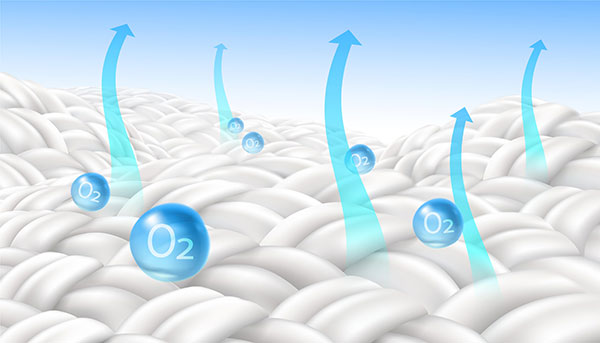
This feature is especially valuable for top-layer materials in diapers and sanitary pads, where quick moisture absorption and dry feel are critical. It also benefits apparel applications, offering cooling effects by releasing heat through rapid moisture evaporation.
3. Environmentally Friendly and Safe
Both PLA fiber and rayon from bamboo originate from renewable plant sources, aligning with sustainable development goals. Their use supports carbon reduction by decreasing dependence on petrochemical-derived fibers.
Moreover, using bicomponent PLA fiber in textile structures can reduce or eliminate the need for synthetic adhesives or chemical binders, enhancing overall product safety and environmental performance.
Application Scenarios
Sanitary Products: Diapers, Sanitary Pads, etc.
The blend of PLA fiber and rayon from bamboo is ideal for hygiene product surfaces that come into direct contact with skin. It meets the needs of users across all age groups and skin types, reducing issues such as irritation or diaper rash, while delivering softness, dryness, and antibacterial protection.
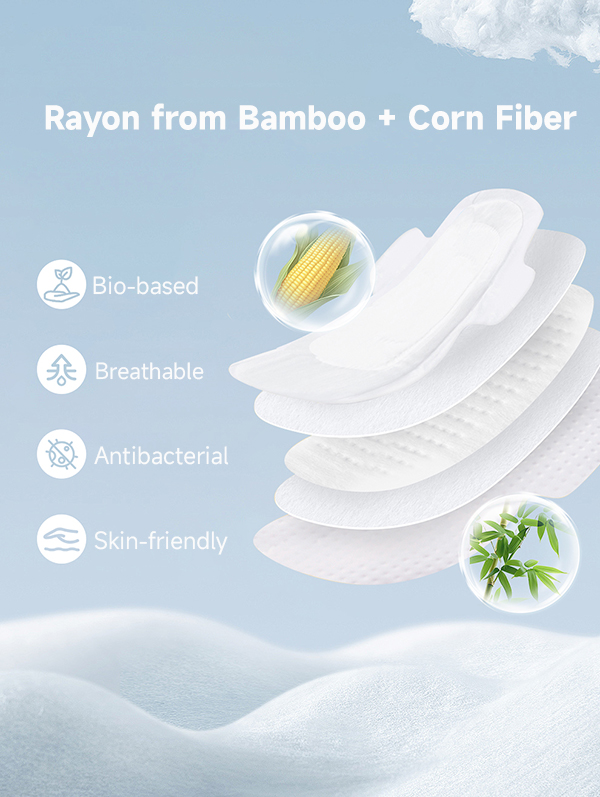
In actual products, such as diapers and sanitary napkins, this fiber blend ensures:
Quick liquid penetration
Efficient water transport
No reverse osmosis
Long-lasting skin comfort
Daily Wear and Home Textiles
The PLA fiber + rayon from bamboo blend is also well-suited for clothing and home applications, including:
Activewear & T-shirts – With rapid moisture wicking and cooling
Undergarments & Children’s Clothing – Gentle and antibacterial
Home textiles – Such as bed sheets, duvets, pillowcases, and towels
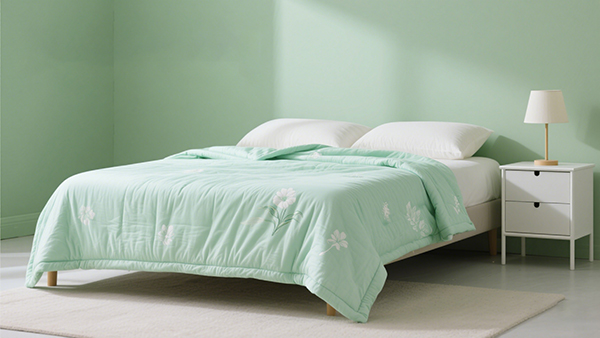
These applications benefit from the softness, breathability, and natural hygiene functions of the blended material.
A Greener Future with Bio-Based Fibers
The global textile industry is undergoing a shift toward eco-friendly and high-performance solutions. Blending PLA fiber with rayon from bamboo not only meets consumer demands for sustainability but also delivers on functionality—making it an ideal choice for forward-thinking textile innovation.
eSUNFiber continues to lead in this space, providing advanced material solutions that balance performance, safety, and environmental responsibility.















